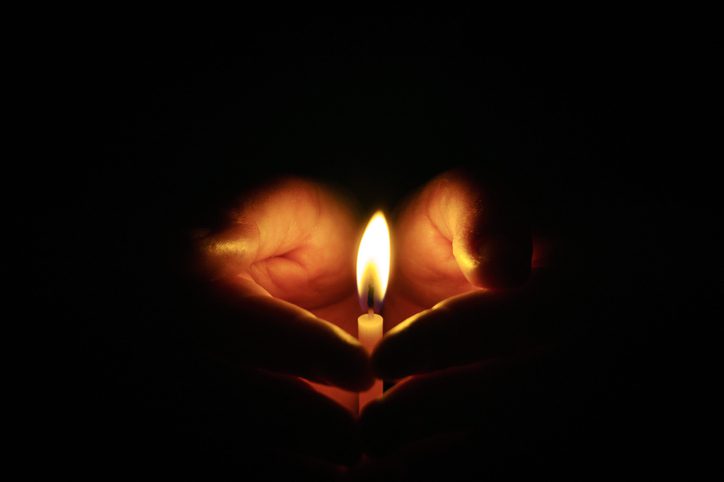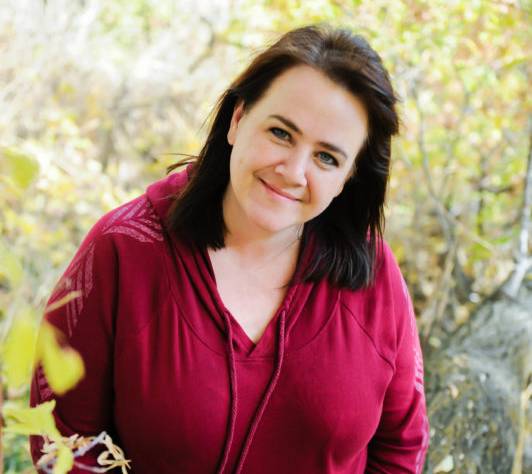What is Compassion?
Compassion is one of those words that is often synonymous with words like caring, sensitive, empathy and kindness. Compassion may include those things but it is much more than that. I have created my own definition for compassion. To me it means this: “Compassion is the ability to stand close to another person’s suffering without becoming a sufferer yourself.”
In other words, when someone is in pain it is quite normal for you to feel discomfort, maybe you would like to fix their situation or soothe their sadness etc. That feeling you have is your suffering and while one part of you genuinely wants to help, the other part of you is trying to alleviate your own discomfort. The goal for me is to train myself to get close to another person’s pain and not look away, to stand witness to their struggle and not flinch when they share their deepest shame. My suffering usually shows up right away, in the form of wanting to fix the situation, make the person feel better, stop them crying, try to soothe their pain in one way or another. But to notice my own suffering and take a moment to let go of it and allow whatever truth in that moment to exist is challenging. This takes quite a bit of awareness and courage actually. But I have experienced time and again the power of holding that space for another person, and being strong enough to be steady and not lose my grip in the process.
Why Compassion?
Why develop compassion? Why should I be able to endure someone else’s pain? One reason for me is that it is a healing practice. I am healed on some level when I allow someone else’s suffering to exist in the world without wanting to change it. I simultaneously allow my own pain to exist in the world without wanting to change it. I can’t help but hold my own pain in the container of love and allowance if I am providing that same container for another. It is also gratifying to be able to summon the courage to look at what would otherwise be too painful to look at. I find it a great privilege and honor to be allowed to witness another’s suffering. Without that, what hope do any of us have of healing? There are also many other benefits. Anxiety and depression are greatly reduced if not eliminated with the practice of compassion. A general ease toward life, especially the parts of life we typically resist, takes the place of stress and worry. If I am not afraid of pain and suffering, my own and others, what might I discover?
Compassion begins with gentleness. Once gentleness is established empathy and curiosity are allowed to enter. From there we find a bit of courage to relax around resistance and let fear escape our mouths like deep sighs. Only then can we discover the stamina to stay in the underworld of pain and suffering without panicking and trying to get away. We learn to see in the dark. When we aren’t afraid of the darkness, we are ready to mine for the great truths and wisdom that exists there. Compassion is one of the greatest virtues to strive toward and one of the most practical and effective tools for self-healing and in the support of others.

